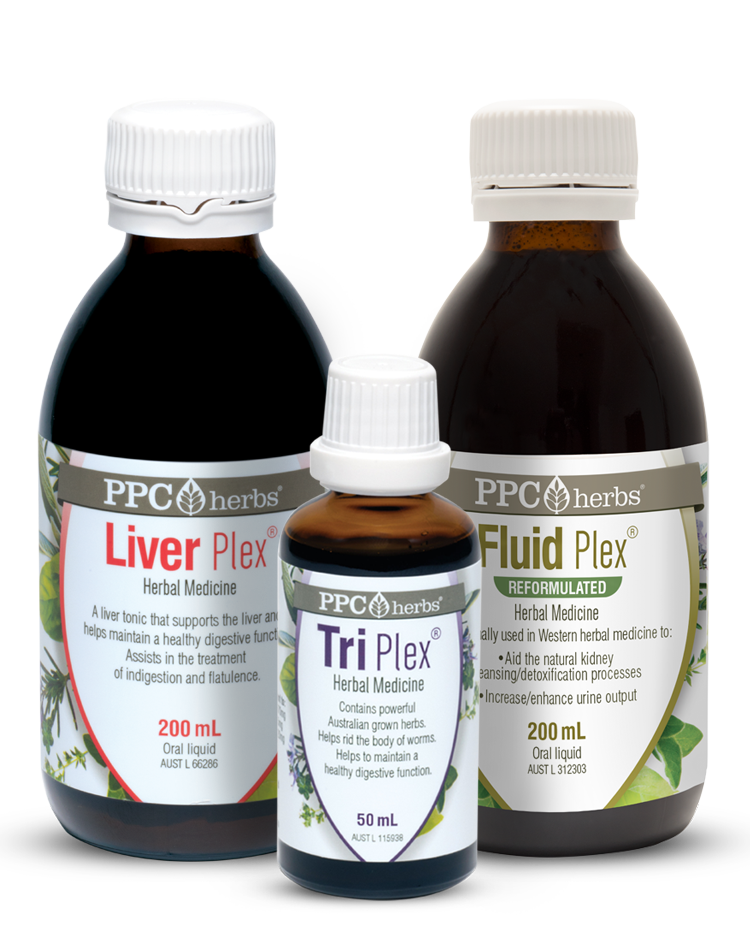A great deal of mystery surrounds the origins and use of Herbal medicines and remedies as part of our everyday health management. By nature of the word (no pun intended), Herbs are botanical biomass that have an enormous number of compounds contained within their structure many of which afford health benefits to users of the herb. Over the years, companies have refined their processes of extraction of vital elements within the herb to create medicines and remedies for the general health conscious consumer seeking a natural approach to health and wellbeing.

Herbal medicines and remedies have their origins in ancient cultures. It involves the medicinal use of plants to treat disease and enhance general health.
Some herbs have potent (powerful) ingredients and should be taken with the same level of caution as pharmaceutical medications. In fact, many pharmaceuticals are based on man-made versions of naturally occurring compounds found in plants. For instance, the heart medicine digitalis was derived from the foxglove plant.
Herbal medicines contain active ingredients. The active ingredients of many herbal preparations are as yet unknown. Some pharmaceutical medications are based on a single active ingredient derived from a plant source. Practitioners of herbal medicine believe that an active ingredient can lose its impact or become less safe if used in isolation from the rest of the plant.
For instance, salicylic acid is found in the plant meadowsweet and is used to make aspirin. Aspirin can cause the lining of the stomach to bleed, but meadowsweet naturally contains other compounds that prevent irritation from salicylic acid.
According to herbal medicine practitioners, the effect of the whole plant is greater than its parts. Critics argue that the nature of herbal medicine makes it difficult to give a measured dose of an active ingredient.
Herbal medicines and remedies aims to return the body to a state of natural balance so that it can heal itself. Different herbs act on different systems of the body. Some herbs that are commonly used in herbal medicine, and their traditional uses, include:
- echinacea – to stimulate the immune system and aid the body in fighting infection. Used to treat ailments such as boils, fever and herpes
- dong quai (dang gui) – used for gynaecological complaints such as premenstrual tension, menopause symptoms and period pain. Some studies indicate that dong quai can lower blood pressure
- garlic – used to reduce the risk of heart disease by lowering levels of blood fats and cholesterol (a type of blood fat). The antibiotic and antiviral properties of garlic mean that it is also used to fight colds, sinusitis and other respiratory infections
- ginger – many studies have shown ginger to be useful in treating nausea, including motion sickness and morning sickness
- ginkgo biloba – commonly used to treat poor blood circulation and tinnitus (ringing in the ears)
- ginseng – generally used to treat fatigue, for example during recovery from illness. Also used to reduce blood pressure and cholesterol levels, however overuse of ginseng has been associated with raised blood pressure
- hypericum – commonly known as St John’s wort. Studies have suggested that St John’s wort is just as effective as some pharmaceutical antidepressants in treating mild to moderate depression. It is also used for anxiety and insomnia. However, St John’s wort can interact with a number of prescription medications, including the oral contraceptive pill, and stop them from working properly.
Today, we are spoilt with options on quality medicines and remedies available to consumers. Herbal ingredients can be found in tablets, capsules or as liquids. Each delivery system has its own set of advantages however; liquids tend to have a faster uptake in the body and do not require a lengthy period for digestion.
A visit to your natural health care professional is a good starting point for discussion of your particular needs and what expectations you may have in treating or eliminating a particular health problem.
It’s very important to check with your healthcare provider if herbal medicines or remedies are appropriate for your needs. We always advise people to speak to their healthcare provider if symptoms persist or worsen.
Be safe and stay healthy